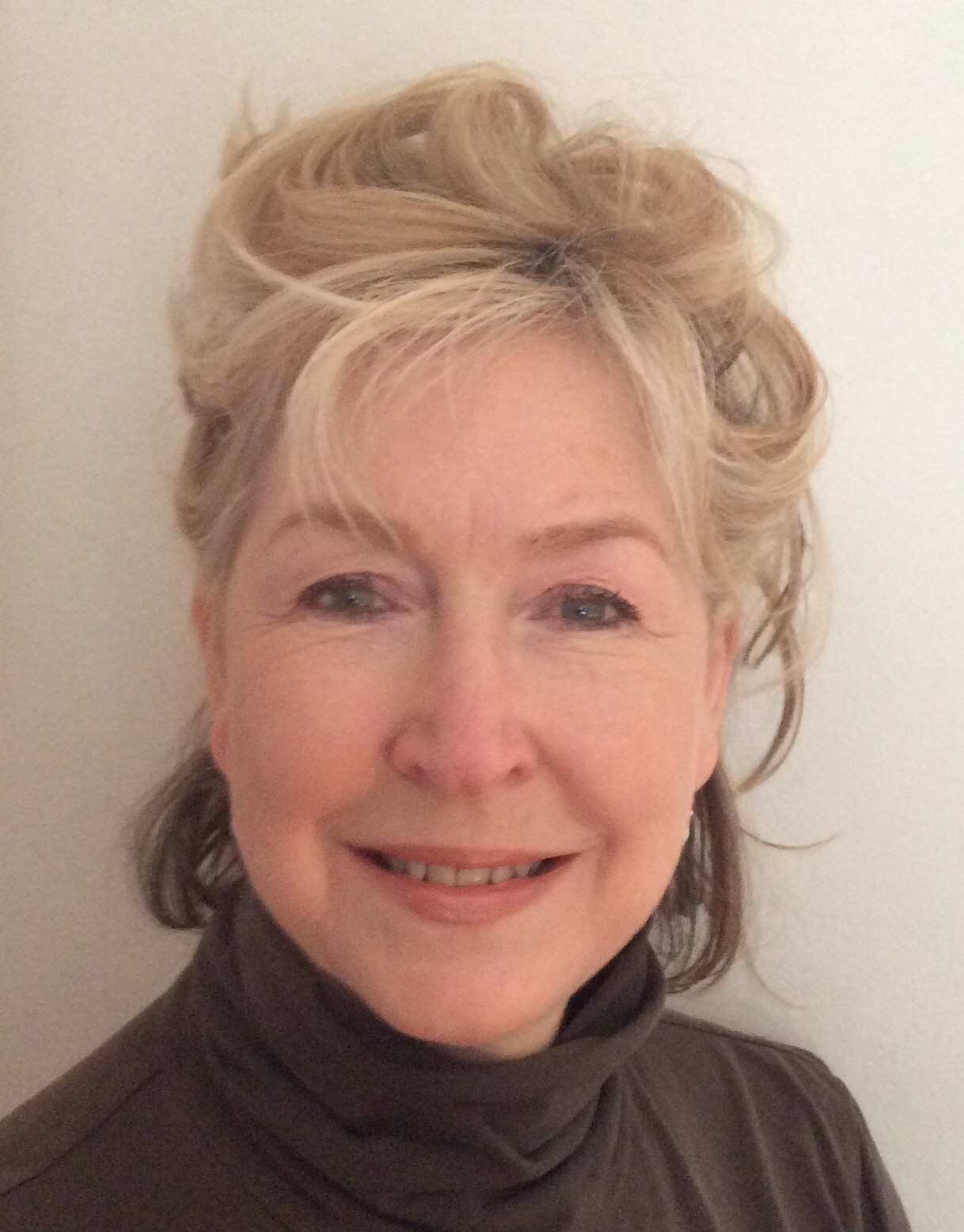In these very painful Covid-dominant times, consider the concept of giving sadness your kind attention. Instead of trying to cheer each other up and distract ourselves, let us offer sadness a generous invitation to sit quietly with us. We usually fight it and consider it a negative state, but it is part of life and it is necessary to acknowledge and attend to it with respect and not resentment.
Allowing sadness is a form of self-compassion. In the pandemic our frustrations can turn inward. Why have I not learned Italian or made sourdough bread during all the time I had in lockdown? It can turn outward after weeks stuck at home with your loved partner or family in 'too much togetherness'. It can be intense as loneliness takes its toll on those who have been isolated alone. I am not writing about bereavement or catastrophic loss here, which is excruciating and can feel unbearable. Some readers will have experienced that this year and will be negotiating their way through what feels intractable emotional pain for many months and years to come. I am thinking now about the everyday sadness most of us feel but fight and try to bat away.
We can feel sad to see our children leaving primary school. It is normal for children to grow up and become independent and is a joyous achievement for most parents, but there is also a sense of loss that they no longer hold our hands on the street, decline bedtime reading and lullabies. Even if you didn't want children it can feel like a loss when the choice is taken away with menopause. There is a sadness when we notice our youth fading as gravity takes its toll and joints begin to stiffen.
I felt sad when our local convenience store closed because a big supermarket opened up the road. The owners were part of our daily lives and I miss them. Des O'Connor died recently and I felt sad. Not because I was a fan but because he was a regular part of my youth and I feel sad when those familiar punctuating figures die and remind me of the my own vulnerability and that of those I love.
Change can make us feel sad even if it is 'for the better'. New job, retirement, moving house. These are very big and stressful changes but even saying goodbye to an old coat, remembering all the walks and outings we may have been on wearing it, can make us feel sad. The KonMari method of reorganising and decluttering suggests we say "Thank you and goodbye" to old clothes and objects. I found this very comforting. It may be regarded as sentimental, but objects can act as a silent witnesses to our lives and we can instil on them profound, even if misguided, meaning.
I feel sad about the lives of people I have never even met who live in poverty and war weary zones. About my medical colleagues who come home exhausted with faces deeply marked and reddened by hours of mask wearing. This could be regarded as an indulgence. "Get yourself together and get on with it" I can hear people say.
I argue that we need to give sadness some space. I think of my body as a house with many rooms. I have a sad room which I visualise as very light with pastel furniture and fresh flowers in a number of vases with windows looking on a vast and beautifully kept green lawn. I give myself permission to sit in this room whenever I want to, not very often and some times more frequently than others. I can sit and feel sad. It is only one of many rooms I can choose.
As a psychotherapist making professional relationships with people I don't let clients know how sad I feel sometimes at the end of our work together. They don't need the 'burden' of my sadness but I might tell them that I will miss them. In the interest of congruence I am addressing the fact that there is a parting and a loss to the ending of therapy. It can be a profound journey for the client but also for the therapist to have been invited into that client's deeply personal life and had the privilege of sitting alongside them as they struggle with their demons and losses and rejoice in their triumphs.
Sometimes we don't know why we are sad and in the case of clinical depression it can be baffling for sufferers and their families. Why do you feel that way when you have me? Why can't I make you feel better? Is it my fault? These are all legitimate questions but depression is not personal nor is anyone immune to its insidious intrusion on our lives. But depression is an illness. It is not 'normal' sadness. It needs treatment and time. It needs enormous resilience from partners and friends and it needs acknowledgment and patience.
As we enter the holiday season many will still have high expectations of family togetherness and tinsel despite restrictions. I invite you to give sadness a seat at your table. Befriend it and offer it a gracious welcome so that it can disperse in its own time and present again when in need of your kind attention.
Selena Doggett-Jones is a verified welldoing.org therapist in North London and online

